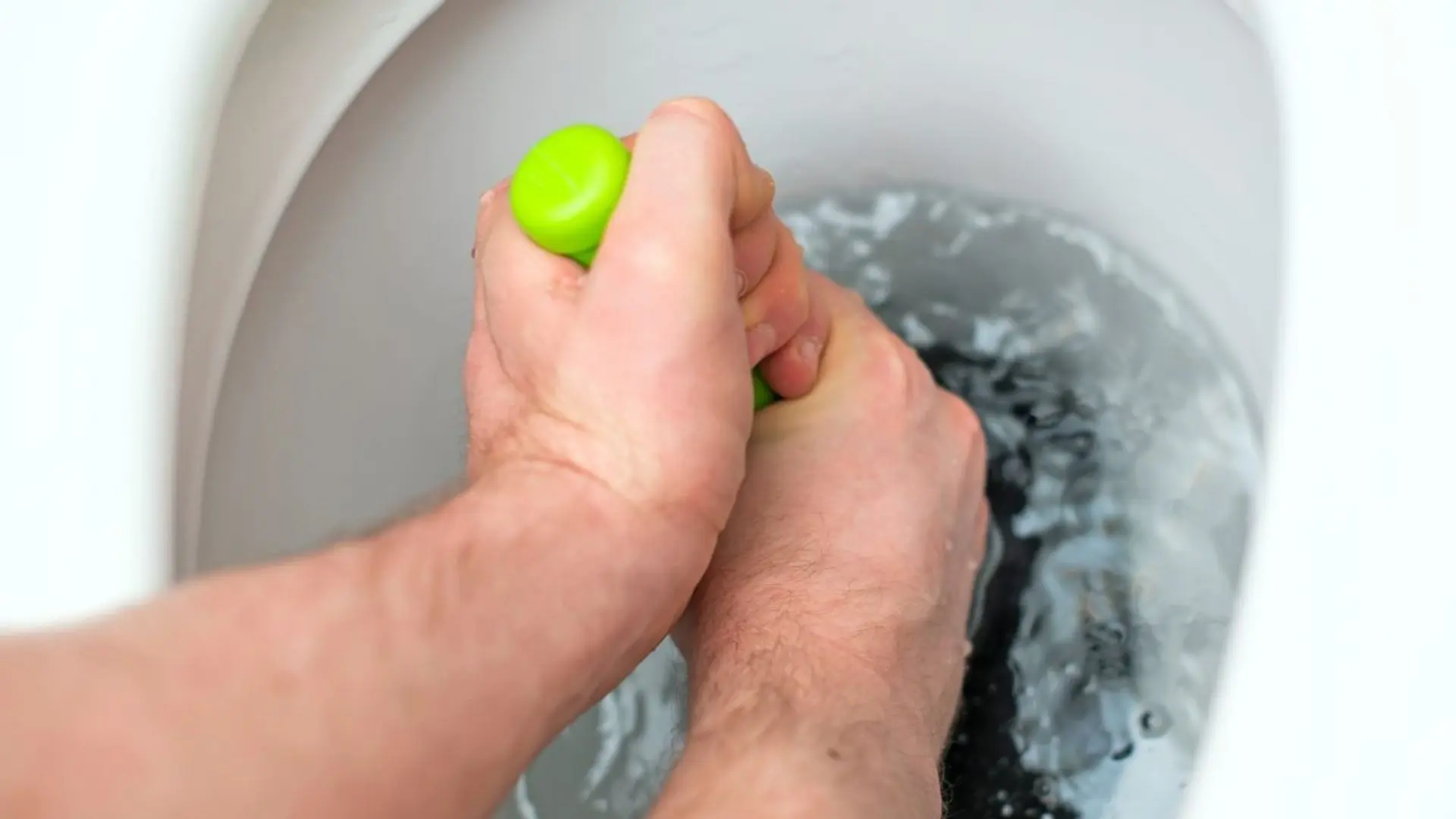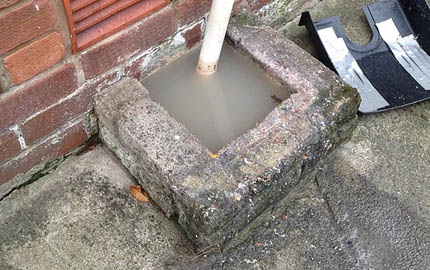Measures to Implement for Addressing a Blocked Drain Before Calling Plumbing Experts
Measures to Implement for Addressing a Blocked Drain Before Calling Plumbing Experts
Blog Article
Right here down the page you'll find more wonderful facts related to Tips for Dealing with Clogged Drains and Sewer Lines.

Intro
Dealing with a blocked drainpipe can be a frustrating experience, disrupting everyday activities and possibly triggering damages to your residential or commercial property. Nevertheless, prior to reaching out to plumbing experts, there are actions you can take to address the concern on your own. In this guide, we'll check out DIY services and preventive measures to take on a blocked drain properly.
Determining the Problem
The first step in addressing an obstructed drain is identifying the indications. Slow drain, gurgling noises, foul odors originating from drains pipes, or water support up prevail indicators of a blocked drain. Recognizing these indicators early can assist avoid additionally issues.
Common Causes of Obstructed Drainpipes
Recognizing the elements that add to drain clogs is important for reliable resolution. Typical culprits include hair, soap residue, oil, food particles, and international things like sanitary products or paper towels. Tree roots attacking below ground pipes can likewise trigger considerable clogs.
DIY Solutions
For small clogs, several do it yourself options can be efficient. Putting boiling thin down the drain can aid liquify grease and particles. Baking soda and vinegar or a mix of salt and baking soft drink can act as natural cleansers. Utilizing a plunger or pipes snake to remove obstructions is an additional option.
Devices and Equipment
Having the right devices accessible can make DIY drain cleaning up more reliable. A bettor is a flexible device for removing obstructions in sinks, toilets, and showers. A plumbing serpent or auger can reach deeper blockages, while drain cleaning chemicals can be made use of very carefully for persistent clogs.
Preventive Measures
To avoid future blockages, adopting preventive measures is crucial. Mount drain guards or filters to capture hair and debris before they get in the pipes. On a regular basis flush drains with warm water to liquify oil build-up, and stay clear of throwing away oil or solid waste away.
When to Call an Expert
While do it yourself services can solve small clogs, specific indicators indicate the need for professional aid. Persistent obstructions, foul odors despite cleaning initiatives, or several drains pipes backing up simultaneously are red flags that necessitate skilled intervention.
Picking the Right Plumbing Service
When choosing a plumbing solution, consider elements such as experience, licensing, and customer evaluations. Pick a reputable plumbing technician with a performance history of high quality craftsmanship and clear pricing methods.
Cost Factors to consider
The price of expert drainpipe cleaning services can differ relying on the intensity of the obstruction and the plumber's rates. Request quotes from multiple suppliers and inquire about any kind of surcharges to make sure transparency and avoid shocks.
Safety and security Measures
When attempting do it yourself drainpipe cleaning, prioritize security. Use safety handwear covers and eyeglasses to stay clear of contact with dangerous chemicals or microorganisms. Never blend various drainpipe cleaning items, as this can create dangerous fumes.
Situation Studies
Real-life instances illustrate the performance of DIY services and the importance of timely professional treatment in resolving drainpipe obstructions.
Final thought
By complying with the suggestions detailed in this guide, you can effectively tackle blocked drains pipes and stop future plumbing problems. Whether choosing do it yourself remedies or seeking specialist help, punctual activity is vital to keeping a healthy pipes system and maintaining the stability of your home.
How to Clear a Clogged Drain Yourself (And When to Call In the Professionals)
What Can Clog a Drain
Dirt Skin flakes Hair Grease Soap scum Food Offset pipes Tree roots Small objects Mineral buildup DIY Tricks to Unclog a Drain
You can fix this! Once you have identified the source of the clog (or have a vague idea), you can try one or a combination of these fixes in order to clear your plumbing.
Wire Hanger or Snake
Untangle and clear out hair from a drainpipe with a homemade snake. Use a straightened-out wire hanger with a 90-degree angle hook to locate the clog and drag out any unwanted material.
Remember not to push the clog further down to where the wire hanger cannot reach! If you need to follow up with a plunger, give it a try. Your efforts might be more successful after it’s been wire-snaked.
If you want to get fancy and don’t have a wire hanger to spare, head to the store and pick up a hand-operated drain snake. You can get one for $10-$30. It may save you the hassle, and provide additional length to reach deep into the clogged pipe.
Plunger
A cup plunger has a suction cup attached to a wooden handle. The rubber creates a seal around the drain, and increases the pressure force of the plunger.
Plunge for 30-second increments to loosen the clog. This may need to be repeated over the course of 15-20 minutes. Once plunged, run the water to flush the remaining material out of the drain.
Remember– never use a plunger if you have used a chemical drain cleaner. These chemicals can splash up from the force of the plunger and cause serious injury or burns.
Boiling Water
Hot water can sometimes break up materials into a flushable amount. Dirt, grease, and soap buildup requires heat in order to unstick from surfaces.
Take your kitchen kettle and heat your water to a boil. Once it reaches a rolling boil, pour it directly down the drain into the blockage. Carefully follow with plunging, if necessary.
Don’t worry if this takes more than one try! It can often take multiple kettles and repeated plunging in order to clear a particularly stubborn clog.
Chemical Drain Cleaner
As a last resort, pick up a bottle of chemical drain cleaner. Drain-cleaning chemicals are potent, and not very good for the environment.
You may need to wear protective eyewear in gloves before handling your bottle of chemical drain cleaner. Follow the instructions printed on the bottle, and flush with water as soon as the instructions allow. Do not follow with plunging.
Baking Soda and Vinegar
As a safer alternative to chemical drain cleaner, baking soda and vinegar can create a chemical reaction that clears tough clogs.
Combine one cup of cleaning vinegar with one cup of boiling water, and set aside. Once you have done this, pour half a cup of baking soda down the drain. Give the baking thirty seconds to settle and cover a large portion of the problem drain.
Following the baking soda, pour down your vinegar and hot water solution. Once the vinegar and baking soda combine, the mixture will bubble and fix. Let this reaction fizzle in the drain for about an hour.
After an hour, follow with a kettle’s worth of hot water. The heat and liquid should flush out any remaining material.
When to Call a Plumber
If your DIY attempts haven’t cleared your clog drain, it’s time to call in a professional. It’s not worth losing access to your kitchen sink or high-traffic bathroom. A clog in a vital area can keep you from the things you’d rather be doing, and derail your routine.
Anytime a clog is causing water to spread is a time to call in a plumbing service. What starts out as a little bit of water can quickly grow into serious, expensive water damage.
Additionally, a serious clog can result in burst pipes or serious leaks. Make sure you know when to take it seriously!
https://myguysnow.com/how-to-clear-a-clogged-drain-yourself-and-when-to-call-in-the-professionals/

I ran across that piece about while doing a lookup on the search engines. Do you know about another person who is occupied with ? Be sure share it. I cherish reading our article about .
Call Report this page